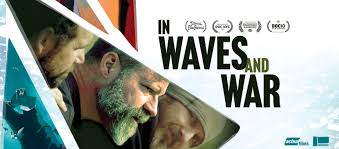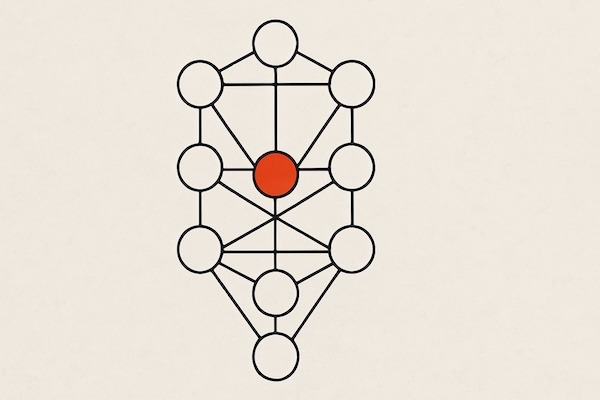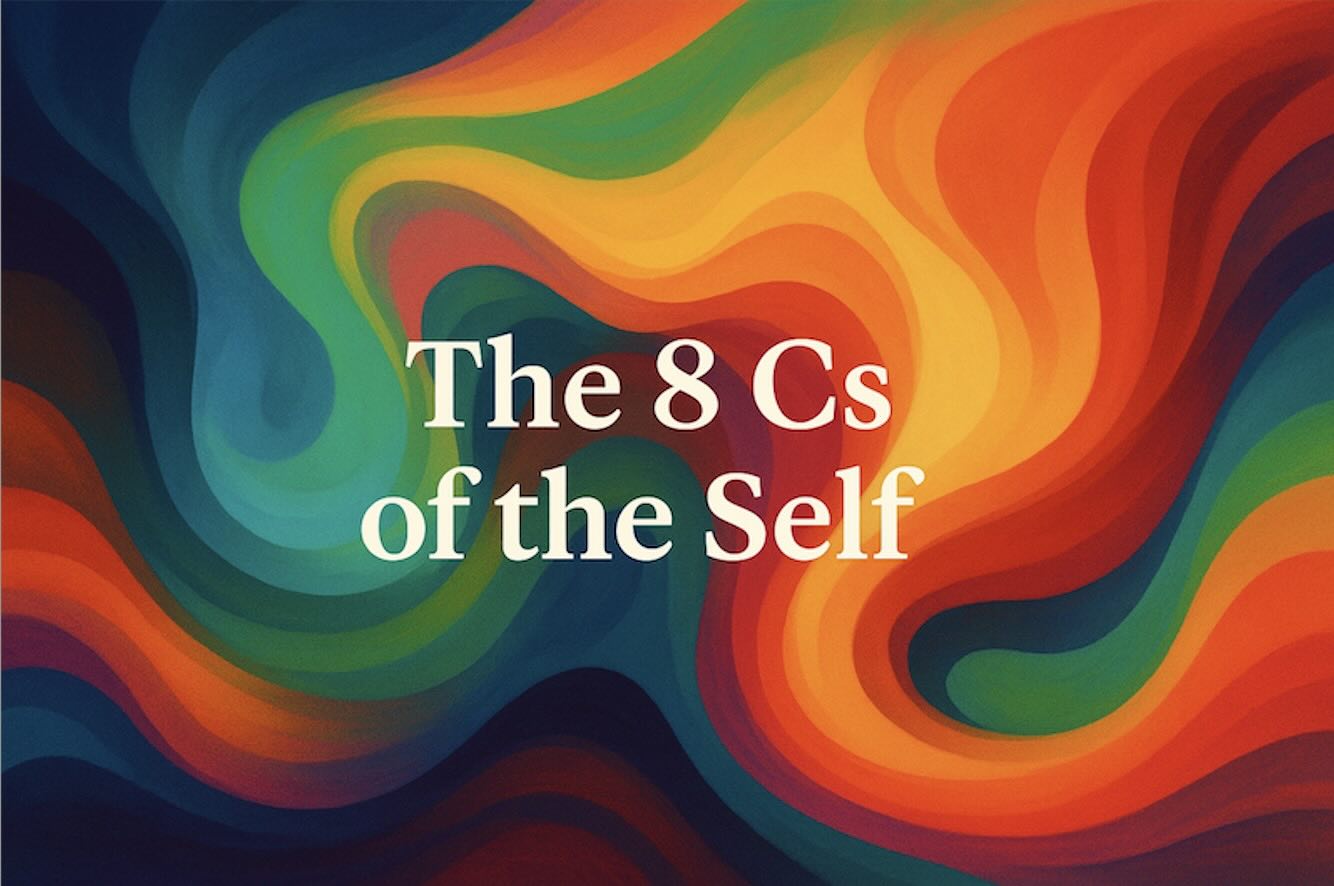The documentary In Waves and War dives headfirst into one of the most pressing issues facing the nation: the veteran mental health crisis, particularly focusing on the epidemic of suicide and the struggles of Navy SEAL Marcus Capone and his wife, Amber. Far from being an anti-war statement, this film offers a radical new path to healing, confronting the devastating reality that veterans often return home to struggles the current medical system fails to address.
The Crisis and the Catalyst
For years, Marcus Capone and his comrades found themselves struggling, often being told only to “make sure you got a therapist and go get some anti-depressants”. The sources highlight that many veterans return from deployment struggling with depression, anxiety, and traumatic experiences, leading to a staggering statistic: the U.S. is losing 4.5 times more veterans to suicide than the 7,100 lost on the battlefield since 9/11, a number closer to 44 per day than the commonly cited 20.
Marcus, like many others in special operations, had compartmentalized serious childhood trauma, which was compounded by war trauma and traumatic brain injury (TBI) during his service. While PTSD often gets “rubber stamped” onto returning soldiers, the documentary explores the critical role of TBI—a concern that Amber Capone was initially “far more worried about” than PTSD.
When traditional pharmaceuticals and talk therapy proved ineffective, the Capones turned to psychedelic treatments, specifically Ibogaine and 5-MeO-DMT, administered in Mexico where they are legal, followed by research back in the U.S..
Marcus described the experience as “literally life-changing, life-saving almost instantly,” yet he initially questioned why he couldn’t receive help in the most medically advanced country in the world. The treatment itself is intensely difficult—Marcus characterized the Ibogaine journey as one of the hardest things he had ever done.
The Power of 90%
A critical takeaway from the film’s subject matter is that the drug itself is only a fraction of the healing process. The drug (the psychedelic) acts as a “catalyst to open your mind [and] unlock your subconscious,” enabling individuals to face their trauma and perhaps their ego. However, the healing process is understood as:
- 10% the drug.
- 90% the integration and therapy afterward.
This therapy allows individuals to “pull those out and make sense of those experiences”. For veterans, emerging from these treatments leads to a powerful feeling of connection—to nature, purpose, others, and to feeling “alive again”. The perspective shifts experienced can be incredibly sophisticated, such as veterans seeing the perspective of the young men opposite them on the battlefield or realizing how their trauma mirrors their behavior towards their own family.
Trust and Stigma in Filmmaking
Making In Waves and War was a delicate process that took five years. The subject matter—psychedelics—is incredibly stigmatized, especially within the SEAL community, meaning the subjects put their reputations on the line.
The directors, John and Bonnie (who became “like family” to the subjects), had to earn immense trust and navigate the challenge of recruiting individuals who didn’t want to be on camera. The reluctance of the men resulted in some of the most “raw stuff that was out there”. The filmmakers recognized that the best potential subjects were exactly those who didn’t want to participate.
A particularly powerful component of the film is the focus on the spouses, who are recognized as the “real heroes” for managing the home front and tirelessly supporting their partners. It was Marcus’s mother, for instance, who convinced one subject, Matt Roberts, that his participation wasn’t about him, but about helping “that Marine that’s sitting on the couch… thinking about ending his life”.
A New Path Forward
The film and the advocacy efforts of the Capones illustrate a massive shift in how mental health is being viewed, fueled by education. While the military leadership currently offers no public support, research funding is beginning to materialize, including $10 million allocated in the 2024 National Defense Authorization Act. Major institutions like Stanford, Johns Hopkins, and Ohio State are now conducting studies in this area, validating the need to look “outside the boundaries” of traditional medical approaches. The Stanford study, for example, involved impossible logistics, flying 30 veterans (who were grant recipients) to Stanford for measures, then to Mexico for treatment, and back to Stanford for follow-up measures.
Because these treatments are currently expensive (around $5,000 to $6,000), the Capones founded a non-profit, VETS, to subsidize the treatments for veterans. Furthermore, they have created a VC-backed company called Tara Mind to take psychedelic therapy to the employee benefit space, aiming to create insurance products that cover these innovative treatments, hoping that eventually, major carriers like United, Cigna, and Aetna will follow suit.
Ultimately, In Waves and War is a story of courage—not just the courage needed for the treatments themselves, but the courage required from medical professionals and advocates to step outside the lines and champion innovative healing approaches for those who have sacrificed so much.
Related
Discover more from TRANSCENDENT PSYCHOLOGY
Subscribe to get the latest posts sent to your email.







